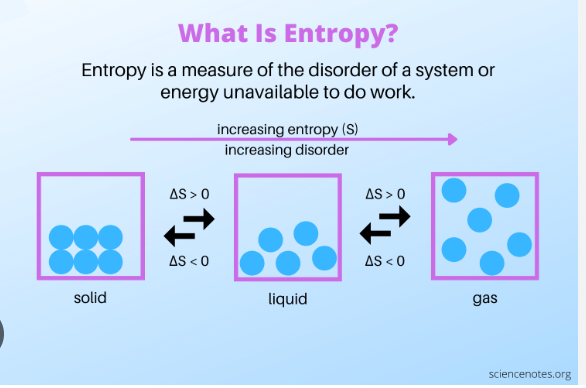Showing posts with label Nature. Show all posts
Showing posts with label Nature. Show all posts
Monday, November 18, 2024
Entropy 101
Entropy is one of the most important yet least understood concepts in physics. It is the gradual movement from order to disorder in nature. Click on this link for a fascinating video on the subject.
Sunday, April 3, 2022
Physicists Demonstrate How Science Works
"For three decades, researchers hunted in vain for new elementary particles that would have explained why nature looks the way it does. As physicists confront that failure, they’re reexamining a longstanding assumption: that big stuff consists of smaller stuff."
Unlike the religious and other pseudoscientists, true scientists are always pushing against the barrier between the known and unknown and the result is new knowledge. Click on the link below for a current example of how scientists work through falsified claims to advance humanity's knowledge and well-being:
Unlike the religious and other pseudoscientists, true scientists are always pushing against the barrier between the known and unknown and the result is new knowledge. Click on the link below for a current example of how scientists work through falsified claims to advance humanity's knowledge and well-being:
Monday, September 20, 2021
Humanity In Perspective
"More than 99% of all species that ever lived on Earth, amounting to over five billion species,[1] are estimated to have died out.[2][3][4][5]"
"In June 2019, one million species of plants and animals were at risk of extinction. At least 571 species have been lost since 1750, but likely many more. The main cause of the extinctions is the destruction of natural habitats by human activities, such as cutting down forests and converting land into fields for farming.[18]" (link)
"Survival sets a pretty low bar. The question isn’t so much whether humans survive the next three or three hundred thousand years, but whether we can do more than just survive." (link)
"Human extinction is the hypothetical end of the human species due to either natural causes such as an asteroid impact or large-scale volcanism, or anthropogenic (human) causes, also known as omnicide. For the latter, some of the many possible contributors include climate change, global nuclear annihilation, biological warfare and ecological collapse. Other scenarios center on emerging technologies, such as advanced artificial intelligence, biotechnology, or self-replicating nanobots. Scientists say there is relatively low risk of near term human extinction due to natural causes.[2] The likelihood of human extinction through our own activities, however, is a current area of research and debate." (link)
Subscribe to:
Comments (Atom)



